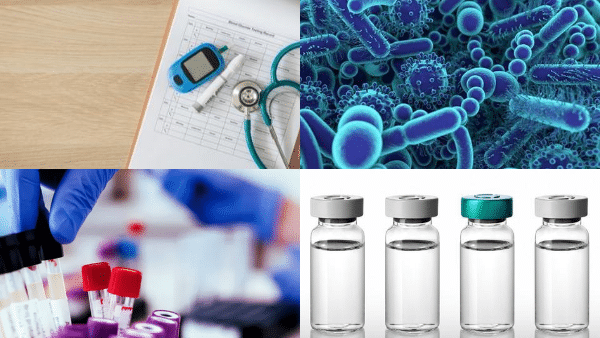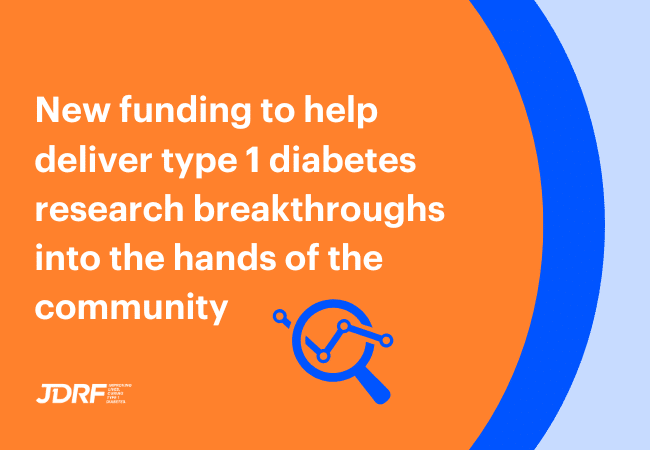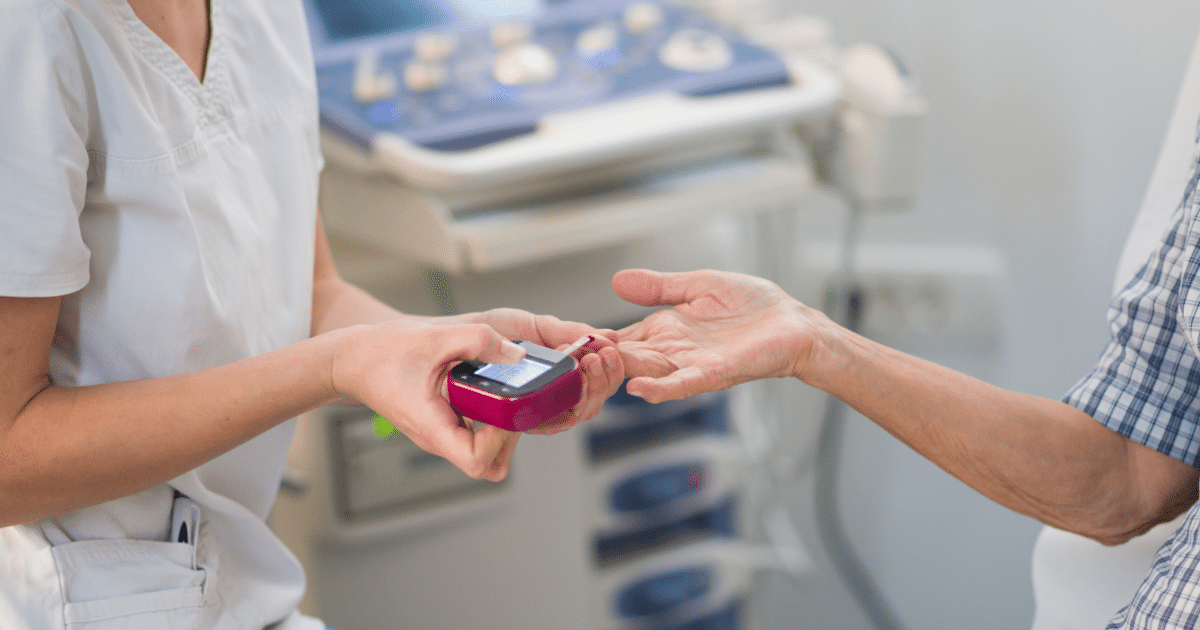
T1D Research Roundup: August 2020
Every month, we round up the most exciting T1D research stories from around the world – the new advances in treatment, devices and knowledge that are making the biggest impact in the fight to cure, treat and prevent T1D.
Here’s what you need to know in T1D research this month:
An old drug with a potential new use in T1D
Researchers at Joslin Diabetes Center in the US have shown that targeting a protein called renalase could potentially strengthen beta cells against stress, protecting them from the autoimmune attack that causes T1D. They also found that renalase is similar to the protein targeted by a high blood pressure drug, pargyline, first made available more than 60 years ago. In experiments with both human and animal beta cells, the researchers found that pargyline protects beta cells and increases their rate of survival. The next steps are to test pargyline in a small clinical trial, and work on developing new forms of the drug that could offer even stronger protection.
Children with T1D found to have less diverse microbiome
Using machine learning algorithms, researchers in Italy have discovered that children with T1D have less diversity in their microbiome – the bacteria that live in their gut – compared to children without T1D. While children with T1D had higher numbers of some specific species of bacteria, they had less diversity overall in terms of bacteria type. The link between T1D and gut bacteria is an important area of focus for T1D research, and results from an Australian study into the microbiome were recently presented at the American Diabetes Association (ADA) meeting.
A new ultrafast-acting insulin
Researchers at Stanford University are developing a new fast-acting insulin that is likely to be four times faster than currently available formulations. The new formulation, called ultrafast-absorbing insulin lispro (UFAL) starts acting 10-12 minutes after injection, and remains stable in the body for longer. Current fast-acting insulins take around 30 minutes to reach their peak effectiveness. The researchers are currently applying for approval to conduct human trials in the US, and are investigating whether UFAL could prove useful for bolus delivery in a fully automated closed-loop device.
Training the immune system to ignore beta cells
An innovative new T1D vaccine has been shown to be safe in an initial clinical trial at City of Hope medical centre in the US. The unique treatment is described as an “inverse vaccine” as it aims to stop an immune system response, rather than activating one like many other vaccines. The T1D vaccine contains a person’s own immune cells and beta cells, modified outside the body and then mixed with vitamin D3. When the modified cells are injected back into the body, researchers are hoping to train the immune system to ignore the beta cells rather than attack them. These initial safety results are a promising first step towards clinical trials in people with T1D.
Oral T1D treatment enters clinical trials
IM Therapeutics has begun a US-based clinical trial of their oral T1D treatment, known as IMT-002. The pill works by blocking a gene, known as DQ8, and stopping the immune system from attacking beta cells. This can potentially extend the honeymoon phase following T1D diagnosis or limit the amount of insulin people need to take, though the treatment would only be effective for people who have a particular gene variant in the HLA-DQ8 gene. The researchers hope to have results from this initial clinical trial later this year.
Interested in hearing more about research & clinical trials? Sign up to be a JDRF Game Changer and receive regular updates on the latest T1D research.




